The first summit between the European Union and the Gulf Cooperation Council (GCC) after 35 years of establishing relations may be late, but it is necessary in the current context.
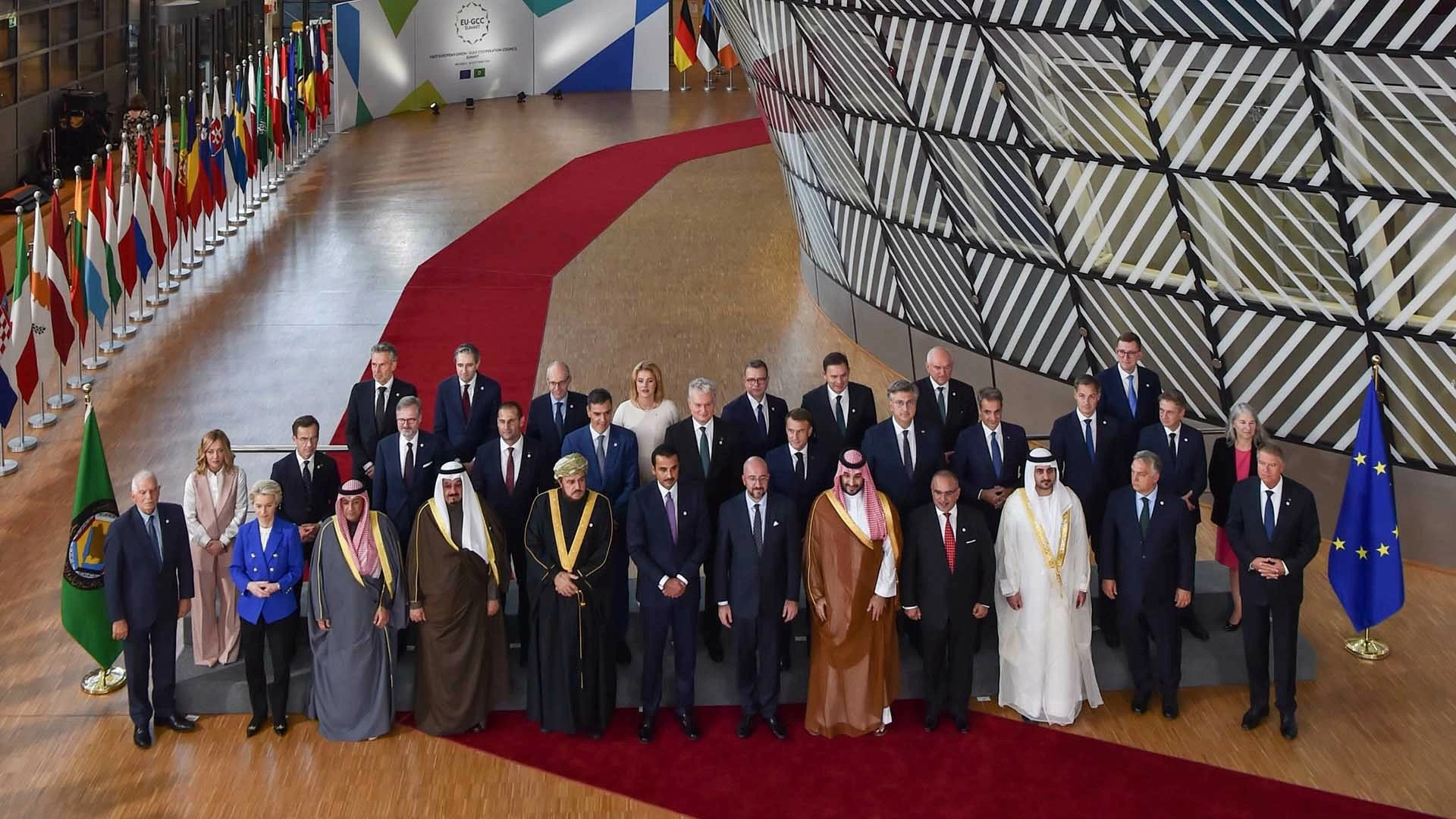 |
| The European Union and the Gulf Cooperation Council held their first summit after 35 years of establishing relations. (Source: X) |
The October 16 conference at the European Union (EU) headquarters in Brussels, Belgium was attended by the Crown Prince of Saudi Arabia, the King of Qatar, and leaders of Kuwait and Bahrain. Meanwhile, the Deputy Prime Minister, Minister of Finance, and Deputy Prime Minister in charge of foreign affairs represented the United Arab Emirates (UAE) and Oman, respectively.
On the host side, the President of the European Commission and the President of the European Council attended the Conference. The French President and leaders of several key EU member states were also present. The German Chancellor had a “pre-scheduled schedule” at home and did not attend.
According to the European Council, the Summit is an opportunity for EU countries to “establish closer partnerships with the GCC and its members, which are now geostrategic partners in the current challenging geopolitical context”.
Many common interests
It is not difficult to see that the phrase “challenging geopolitical context” refers to the Russia-Ukraine and Israel-Hamas conflicts. On the one hand, these two hot spots force Europe to find solutions to the energy problem and rising inflation. On the other hand, the Middle East faces the risk of widespread conflict, with the situation in Lebanon being a typical example. That is not to mention the series of common issues that both sides must solve, such as handling relations with major powers, responding to non-traditional security challenges such as climate change, cyber security and terrorism.
In response to the energy crisis caused by the Russia-Ukraine conflict, the EU has stepped up cooperation with the Gulf countries. In addition, Qatar, Saudi Arabia and the UAE have played a role in mediating the Russia-Ukraine conflict with some success in recent times - Europe clearly wants to continue such efforts, with closer participation and coordination between GCC members and the EU. At the same time, the Gulf countries can play a more active role in ending the conflict in the Gaza Strip, restoring stability to the Red Sea shipping route, and contributing to improving inflation and illegal immigration in many European countries.
On the other hand, the GCC wants to expand cooperation with the EU in many areas, with energy being the spearhead. From there, the countries can further diversify their relations besides cooperation with Russia, the US or China. In addition, Europe can be more proactive and public in supporting the efforts of the Gulf countries to control and prevent conflicts from spreading throughout the Middle East region.
Strategy realization
However, achieving such benefits is not simple. Despite having formal relations since 1989, EU-GCC cooperation only really took a step forward after the Russia-Ukraine conflict broke out in February 2022. At that time, the foreign ministers and foreign affairs officials of the two blocs agreed on a Joint Cooperation Agenda 2022-2027 (last updated in October 2023), focusing on promoting cooperation in trade and investment, climate change, green transition, people-to-people initiatives and counter-terrorism.
Since then, bilateral relations have grown strongly. In May 2022, the EU and the High Representative for Foreign Affairs issued a “Strategic Partnership with the Gulf”. In June 2023, Italian Foreign Minister Luigi Di Maio was appointed Special Envoy for the region.
On that basis, the first summit between the two sides prioritized a number of common concerns. Trade was certainly a highlight. Last year, the EU sought to resume negotiations with the GCC on a free trade agreement, which began in 1989 but stalled in 2008. But old obstacles remain—many Gulf states have rejected the EU’s proposed provisions on labor, environmental standards, and government asset purchases. Still, with Saudi Arabia’s new impetus, the summit could yield more positive results.
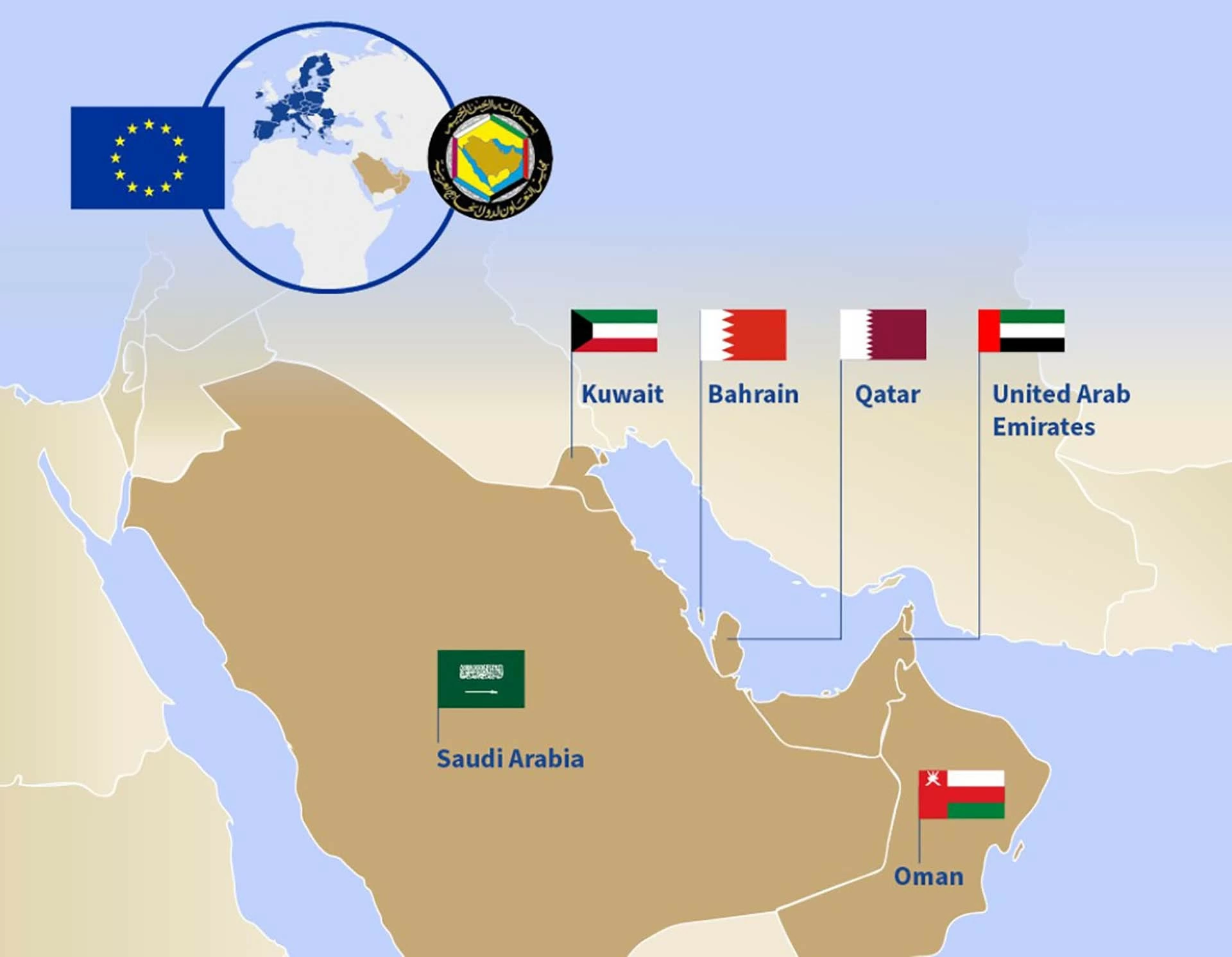 |
| The first EU-GCC summit took place in Brussels, Belgium, on October 16. (Source: Doha News) |
Geopolitically, things are a bit more complicated. The GCC wants the EU to confirm that the Gulf policy under Foreign Affairs Commissioner Josep Borell will be maintained by his successor, Kaja Kallas. They are concerned that the former Estonian prime minister has taken too hard a stance on both Russia and China, a key GCC partner. The Gulf places great importance on its relationship with Moscow, whether it is to coordinate oil policy, expand opportunities to mitigate the damage from Western sanctions, or take advantage of Russia’s opportunities to strengthen its position in the Middle East and Africa.
On the other hand, some European countries may use the summit to convey a tough stance towards Russia. First, Europe will maintain strong support for Ukraine, regardless of the US election results. Second, they see Moscow as a competitor to the Gulf in the energy market, especially in Asia. Third, the EU wants to convince the GCC that Russia, through its military ties with Iran, is an unreliable partner, which could put the parties at the summit in an awkward position.
Finally, the situation in the Middle East will be a key focus of the summit. Both the EU and the GCC have unanimously condemned Hamas’s attack on Israel in October 2023, as well as Israel’s large-scale military campaign in the Gaza Strip and Lebanon.
Nevertheless, Europe could show greater support for the Gulf’s role as a mediator, working to promote a ceasefire in Gaza and Lebanon and a two-state solution for Palestine. The EU could also urge the GCC to engage more actively with Iran, seeking common interests and values, including the desire to end the Israel-Hamas conflict and improve the situation in Lebanon.
However, the effort to realize these goals depends largely on the political will of EU leaders and GCC countries at the Brussels Summit.
Source: https://baoquocte.vn/hoi-nghi-thuong-dinh-eu-gcc-muon-con-hon-khong-290437.html



![[Photo] "Beauties" participate in the parade rehearsal at Bien Hoa airport](https://vstatic.vietnam.vn/vietnam/resource/IMAGE/2025/4/11/155502af3384431e918de0e2e585d13a)

![[Photo] Looking back at the impressive moments of the Vietnamese rescue team in Myanmar](https://vstatic.vietnam.vn/vietnam/resource/IMAGE/2025/4/11/5623ca902a934e19b604c718265249d0)


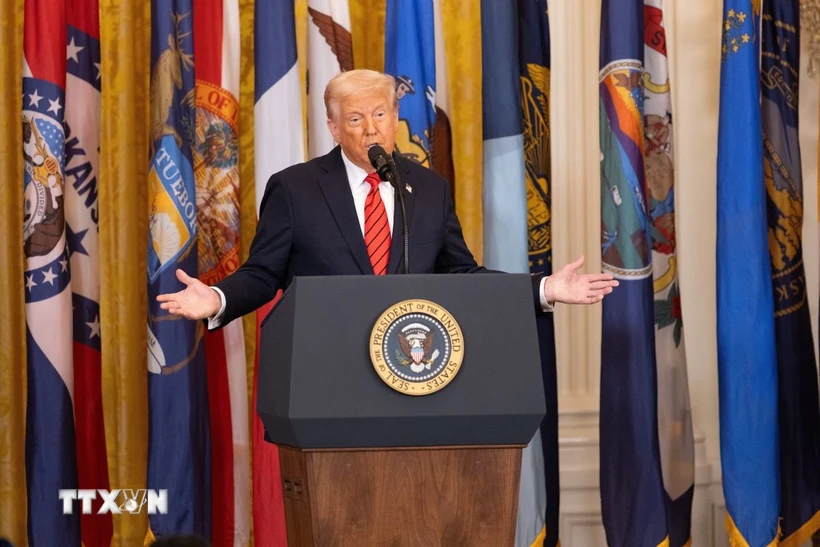

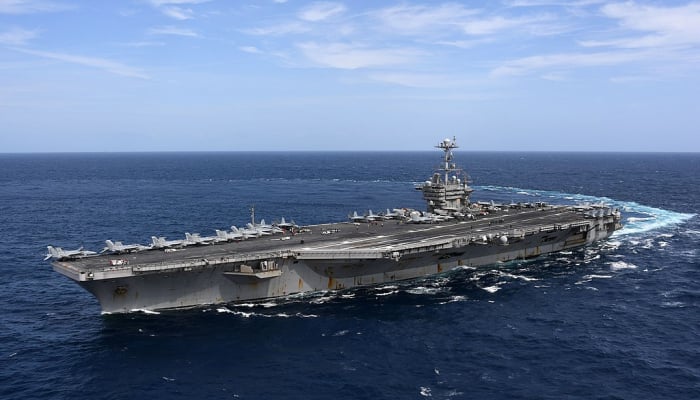



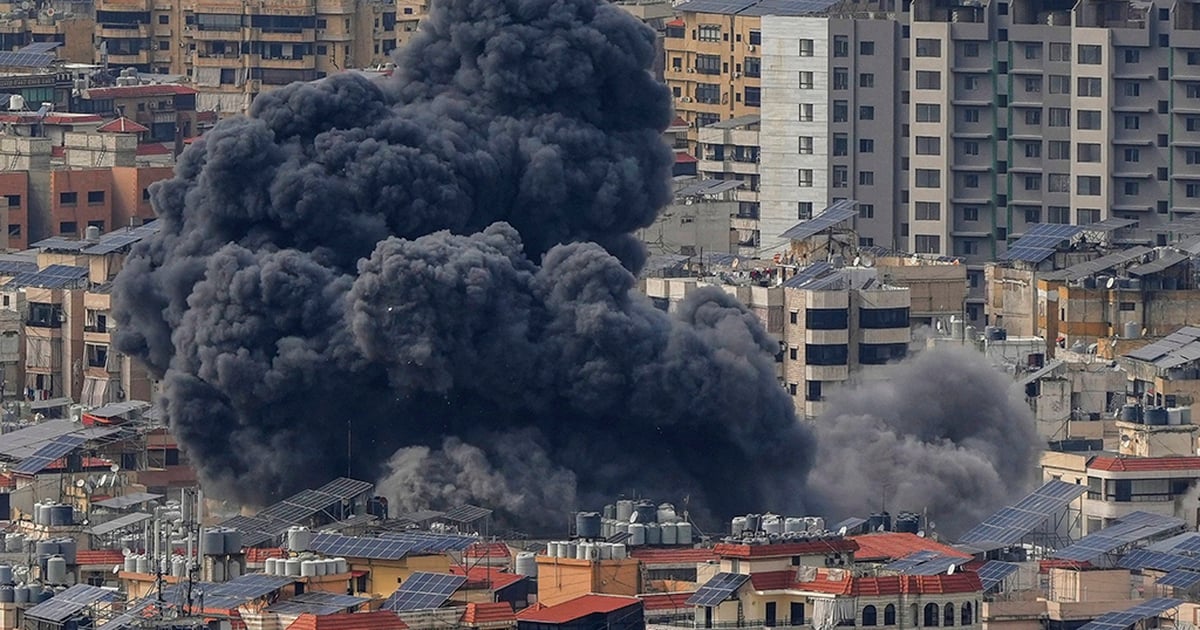
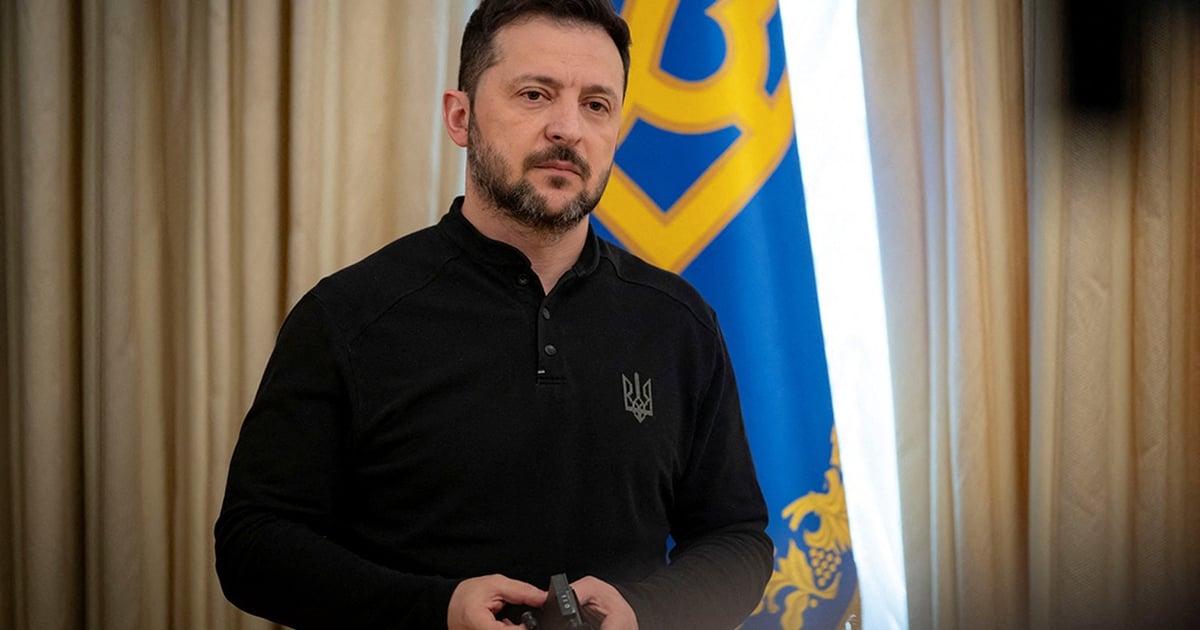
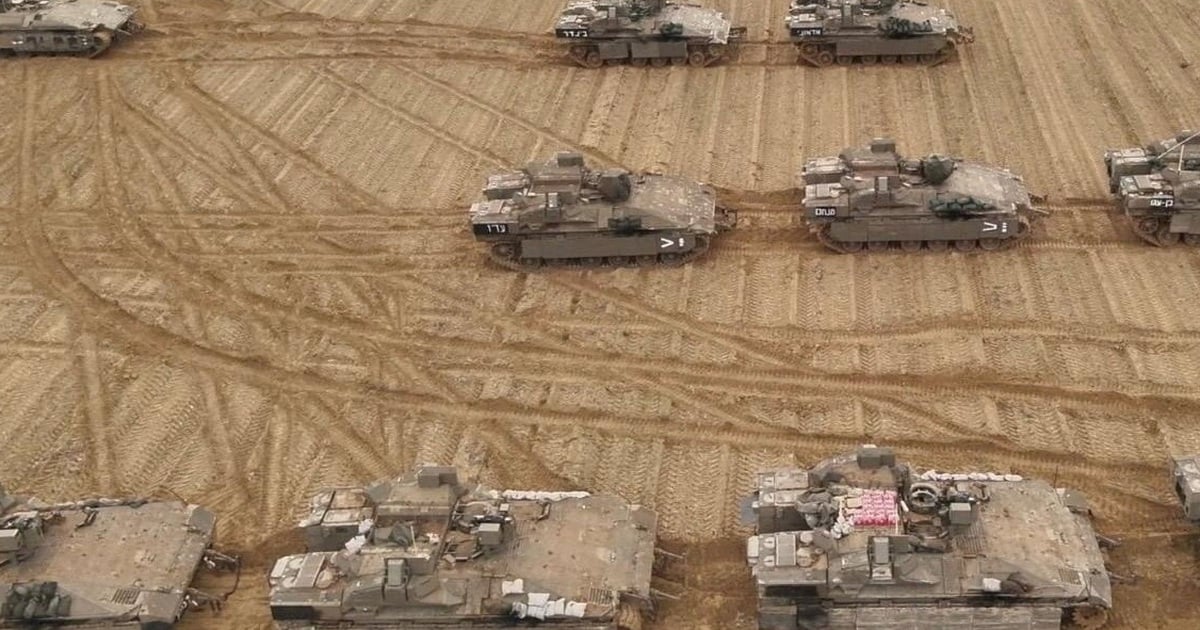








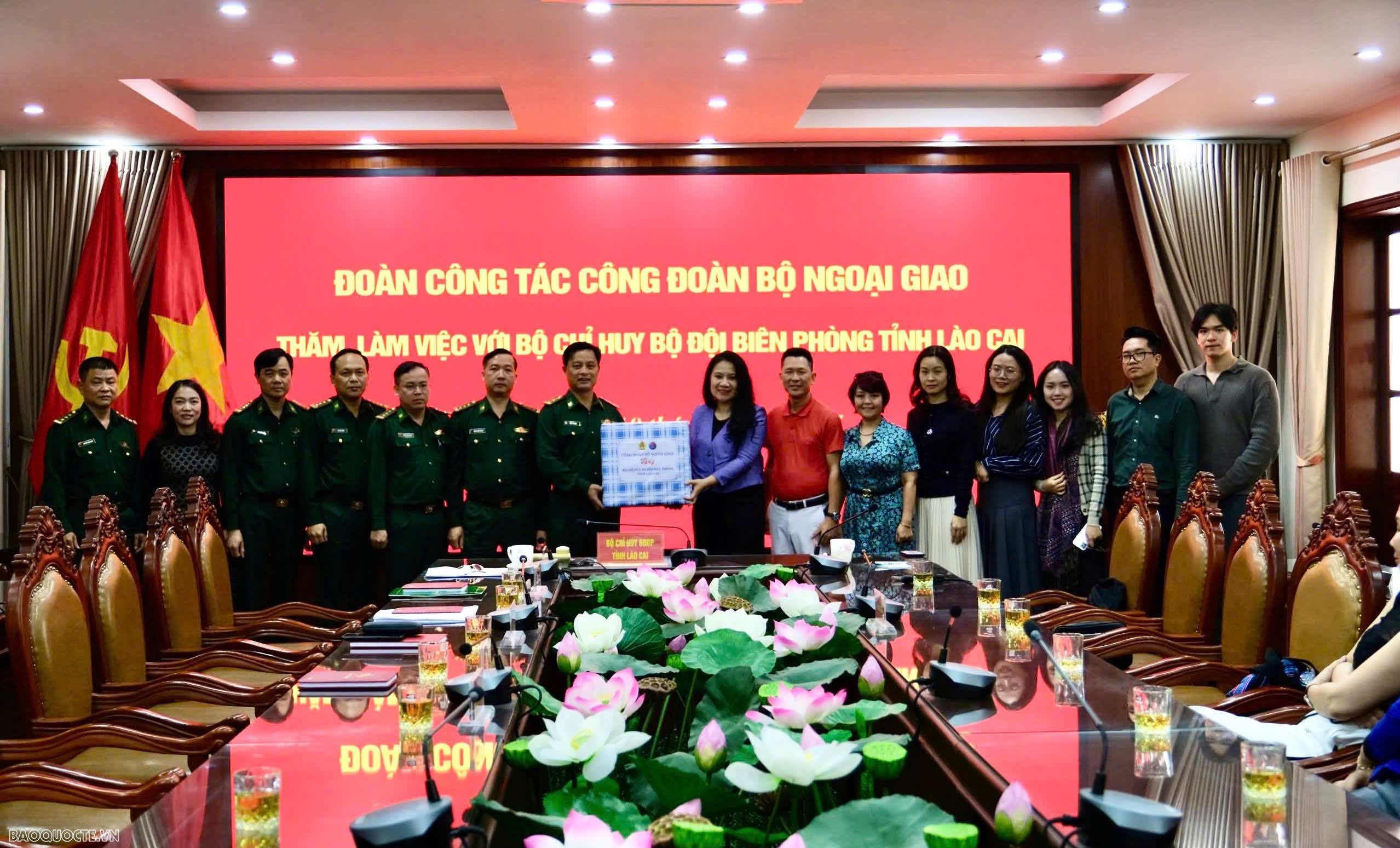
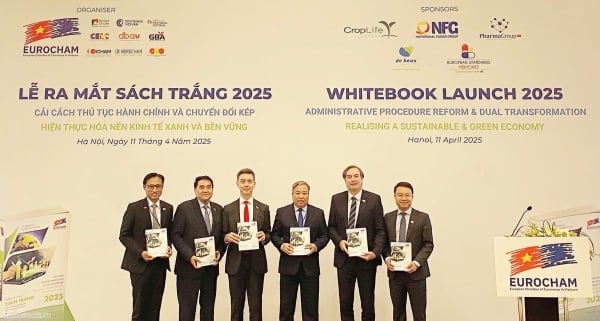
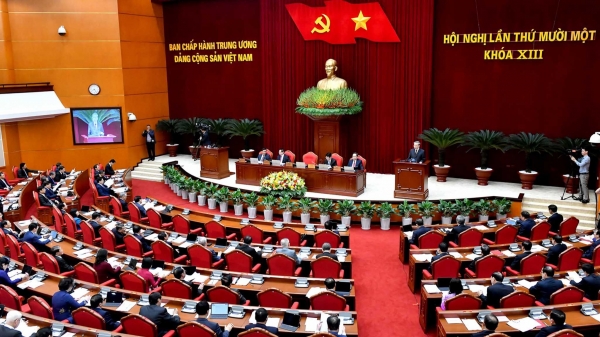


![[Photo] Summary of parade practice in preparation for the April 30th celebration](https://vstatic.vietnam.vn/vietnam/resource/IMAGE/2025/4/11/78cfee0f2cc045b387ff1a4362b5950f)









































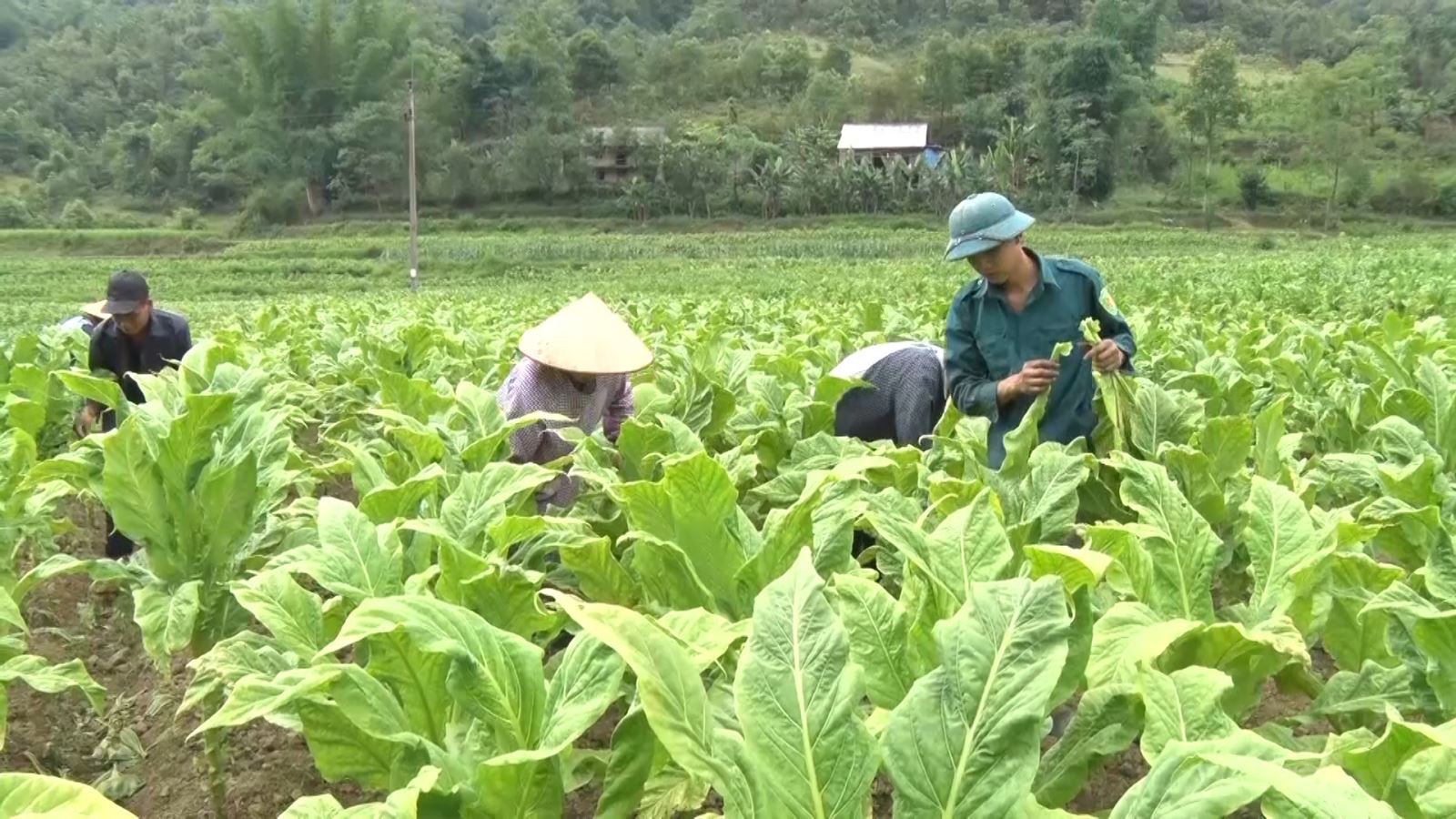
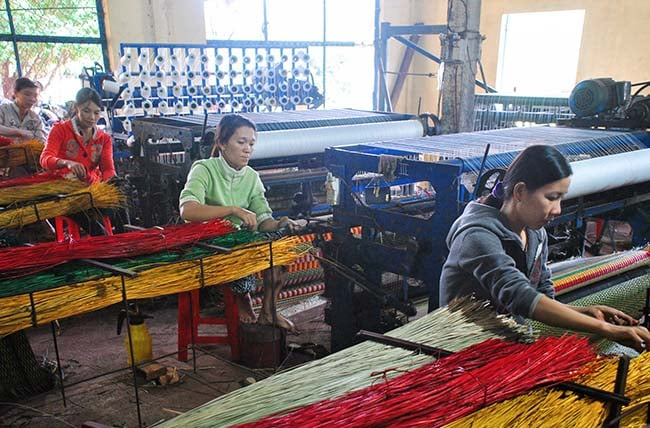



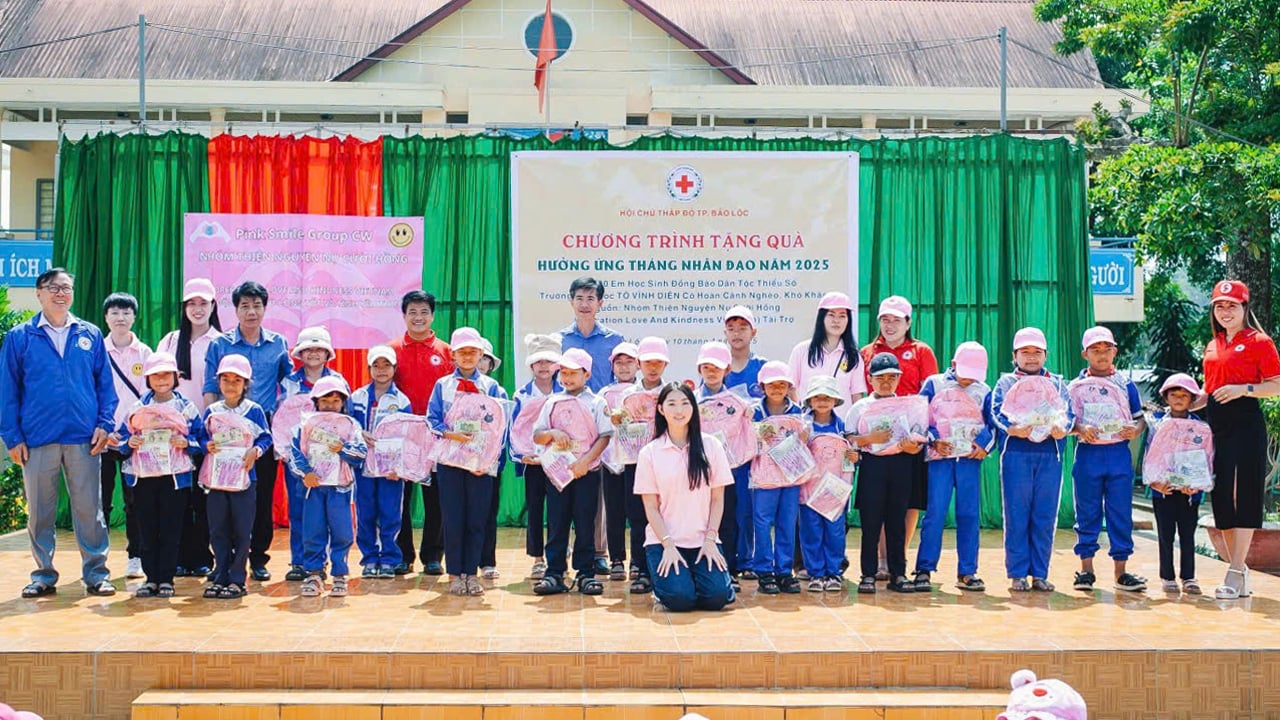
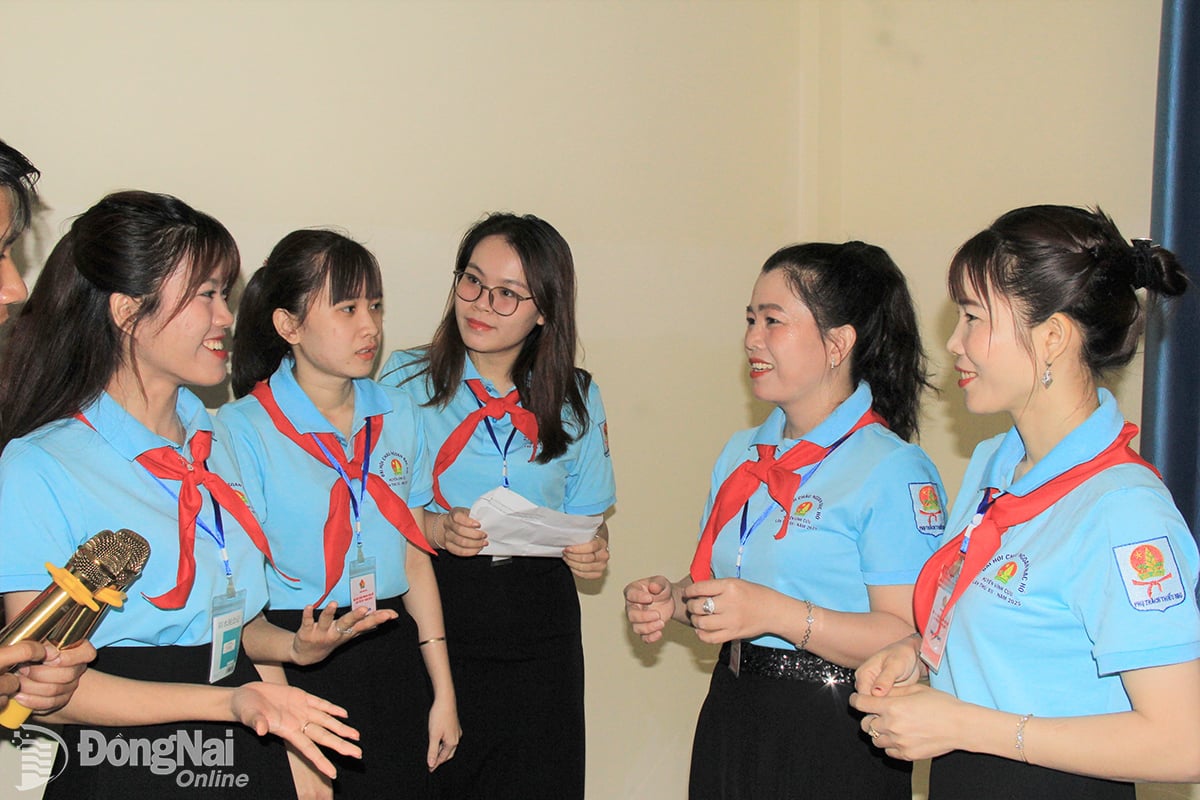












Comment (0)